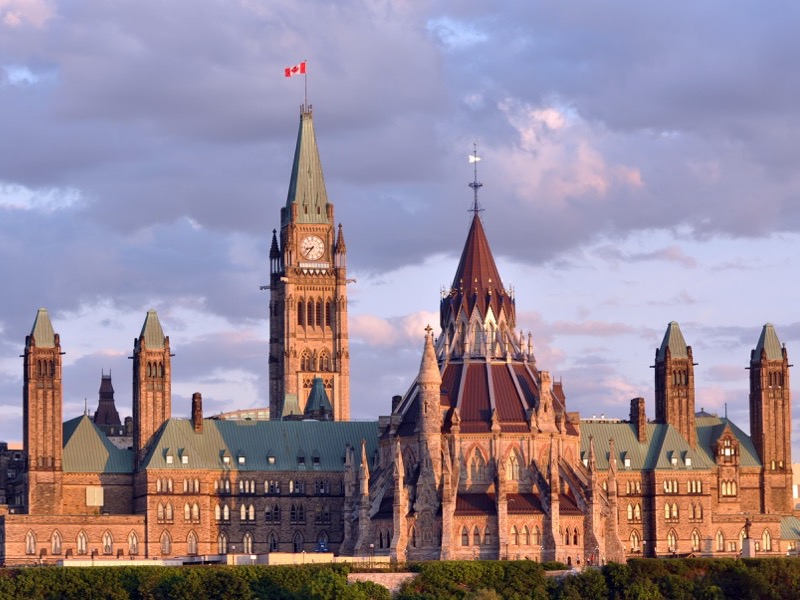
The Trudeau Liberals sought Friday to get ahead of a looming benefits panic, announcing plans to add extra weeks of income support for unemployed workers and parents at home with children because of the pandemic.
The government plans to add 12 weeks of eligibility to the Canada Recovery Benefit and the Canada Recovery Caregiving Benefit, raising the maximum number of weeks available to 38 from 26.
The federal sickness benefit will be expanded to four weeks from two so workers can stay home if they’re feeling ill or have to isolate because of Covid-19.
Employment insurance eligibility is also promised to be stretched to allow people to receive up to 50 weeks of benefits, rather than 26, for any claims filed since late September.
The decision comes one day after labour groups warned that Canadians receiving EI or the recovery benefits would begin maxing out their eligibility late next month with job prospects bleak or nonexistent.
Hassan Yussuff, president of the Canadian Labour Congress, said the extra weeks should be a major relief for those who worried how they were going to pay their bills, or whether they would be able to stay home if they’re sick.
But he suggested the extension may not be enough to bridge to better times. The Liberals may have to revisit the plan just as they did repeatedly with the Canada Emergency Response Benefit (or CERB) last year.
Labour groups wanted the Liberals to extend eligibility for benefits at least until the end of the year, which is how long they believe it might take before the workers in hardest-hit industries get back on the job.
“The one thing that nobody has been able to predict is when are we going to get to the other side,” Yussuff said.
“As the government prepares for the budget, they may yet have to make a further announcement to figure out how we’re going to support people until the job numbers are starting to return to the level they were prior to the pandemic.”
Canada’s labour market reversed months of gains in December and January, as lockdowns sent employment rates back to where they were in August, leaving the country short 858,300 jobs of pre-pandemic levels.
The government’s most recent figures show it has provided over $11.6 billion through the three recovery benefits launched in the fall to replace the Canada Emergency Recovery Benefit.
A further $13.5 billion has been spent on regular EI benefits, with about two million people currently receiving the income support. That doesn’t include special benefits like parental leave.
The government estimates the cost to extend the benefits at $6.7 billion, and a further $5.4 billion for EI.
“This crisis isn’t over. Neither is our support for everyone,” Prime Minister Justin Trudeau said at a press conference announcing the change.
Extending the recovery benefits can happen through regulation, which is simpler than the law that needs to be passed to extend EI eligibility.
And once changes are made, provincial governments would have to update worker protection rules to accommodate the extra weeks of sickness and caregiving leave.